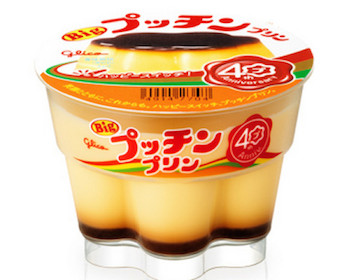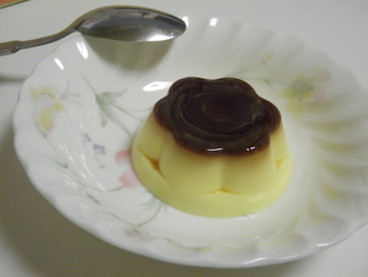Update: I've talked to the lady whose post I've read on Facebook. She said that this is not from a book, but part of a cooking show's transcript. Don't ask me why she didn't say earlier. I asked her if she could share the link to the video, but there was no response. Hope this helps.
I'm confused by a passage in a book I'm reading. Could someone please help me interpret it?
....then a Spanish pepper is…., I always take the top and the bottom of… and just hold it above the sink or the rubbish bin, so that if you rub vigorously all the seeds fall out. It’s just like with those little puddings, those little desserts, you always need to drill a hole in the top so that it drops out easily.
The context is that if you rub a pepper, its seeds start falling out, just like with the "pudding".
Please enlighten me: what exactly does this passage mean? Why would you drill a hole in the top of any pudding to make it drop out easily?
I tried The Free Dictionary's collection of definitions, but to no avail.


